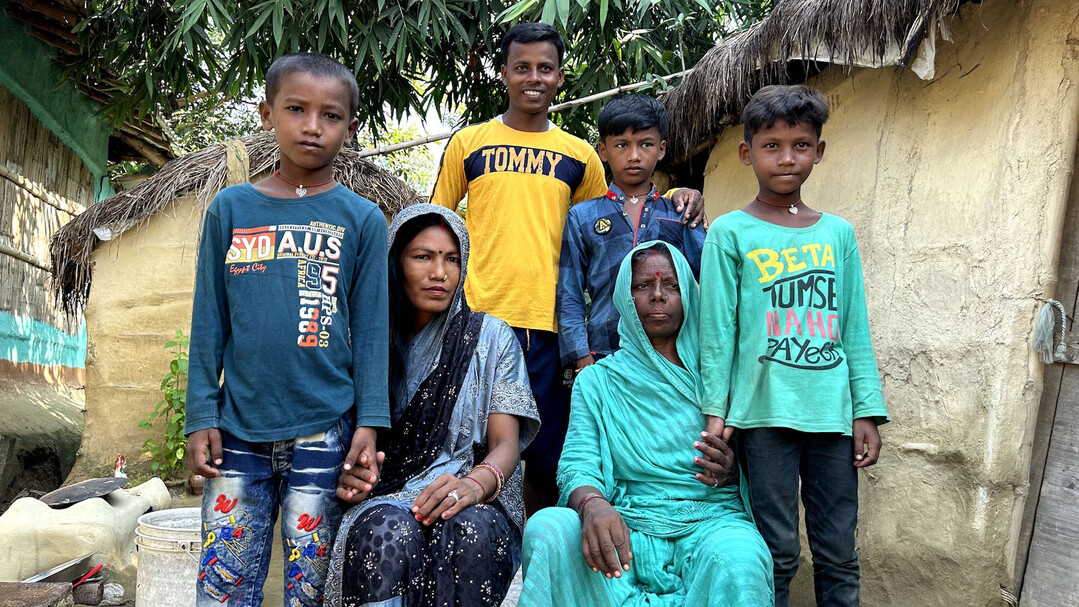
Surkhet, Nepal - In the remote and impoverished Karnali Province of Nepal, poverty remains a persistent challenge despite years of development efforts. Families like those of Harka Bahadur Mahar and Dirgha Badi exemplify the struggles faced by many in this region.
Mahar, a daily wage laborer in Jajarkot, supports his wife and seven grandchildren with meager earnings, while his sons work in India to repay a loan incurred after an earthquake destroyed their home. Badi, and his wife, crush stones for a living, earning barely enough to survive, as their sons who work in India send no remittances.
These are just two examples of the widespread poverty that forces thousands in Karnali to migrate, primarily to India, in search of work. This out-migration has severe social and economic consequences for the region, leaving behind a population dominated by women, children, and the elderly.
The Karnali provincial government has made significant investments, spending over Rs103 billion since its formation in 2017. However, its first five-year plan fell short of its ambitious targets, with poverty reduction, multidimensional poverty reduction, and per capita income growth lagging behind expectations.
Several factors contributed to these shortcomings:
Sluggish Development: Inadequate infrastructure, particularly in transportation, hinders economic growth and limits market access for local products.
Administrative Inefficiency: Poor planning, implementation, and monitoring of development projects have hampered their effectiveness.
Lack of Modernization: Agriculture, a primary sector in Karnali, remains largely subsistence-based, with limited access to modern farming techniques and markets.
Brain Drain: The continuous out-migration of skilled and unskilled labor further exacerbates the region's development challenges.
The National Statistics Office's 2022-23 report confirms the persistence of poverty in Karnali, with the province's poverty rate exceeding the national average.
While the provincial government acknowledges these challenges and is working on a new development plan with a renewed focus on poverty alleviation, the path to sustainable development remains fraught with obstacles.
[Copyright (c) Global Economic Times. All Rights Reserved.]






























